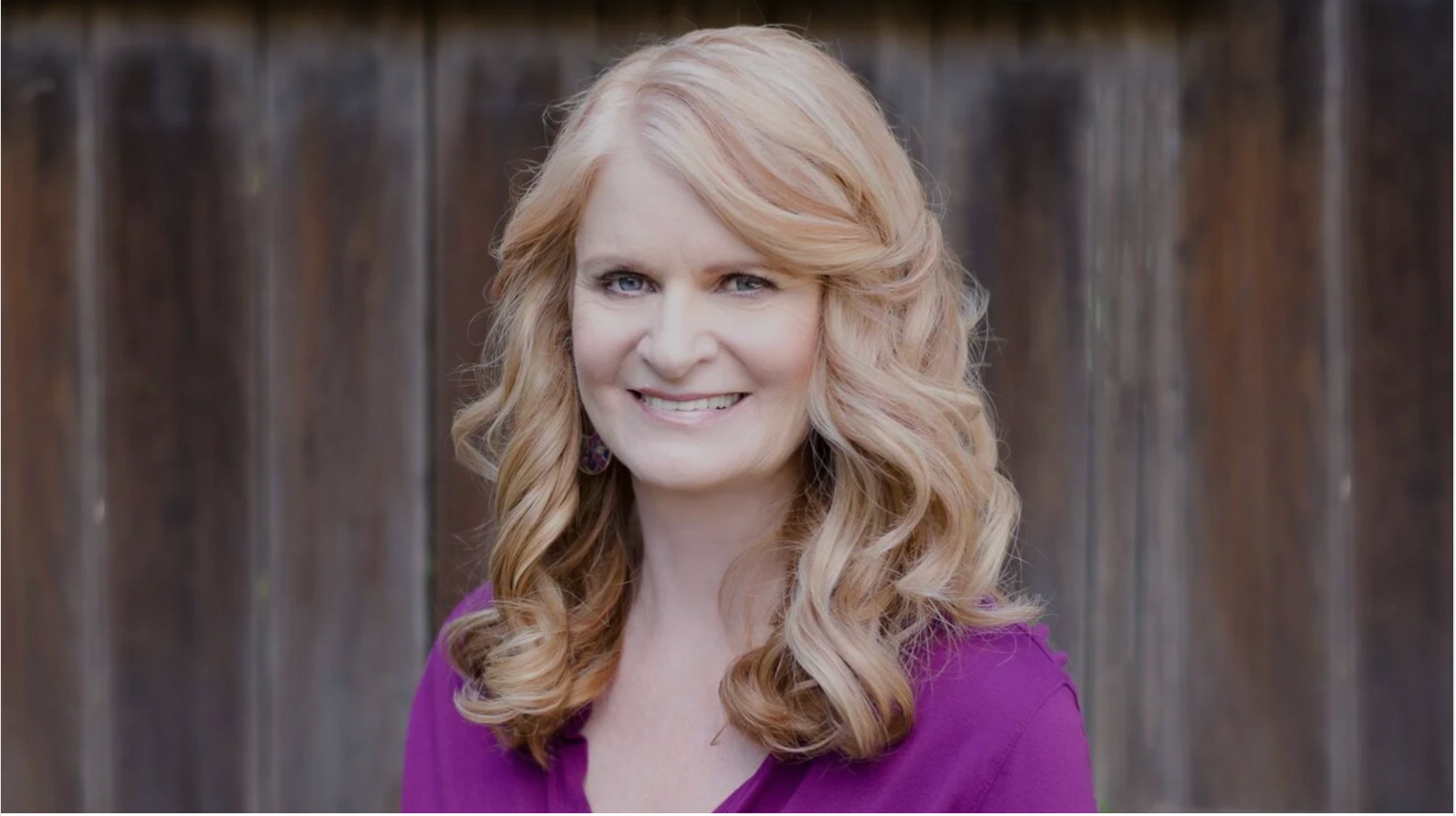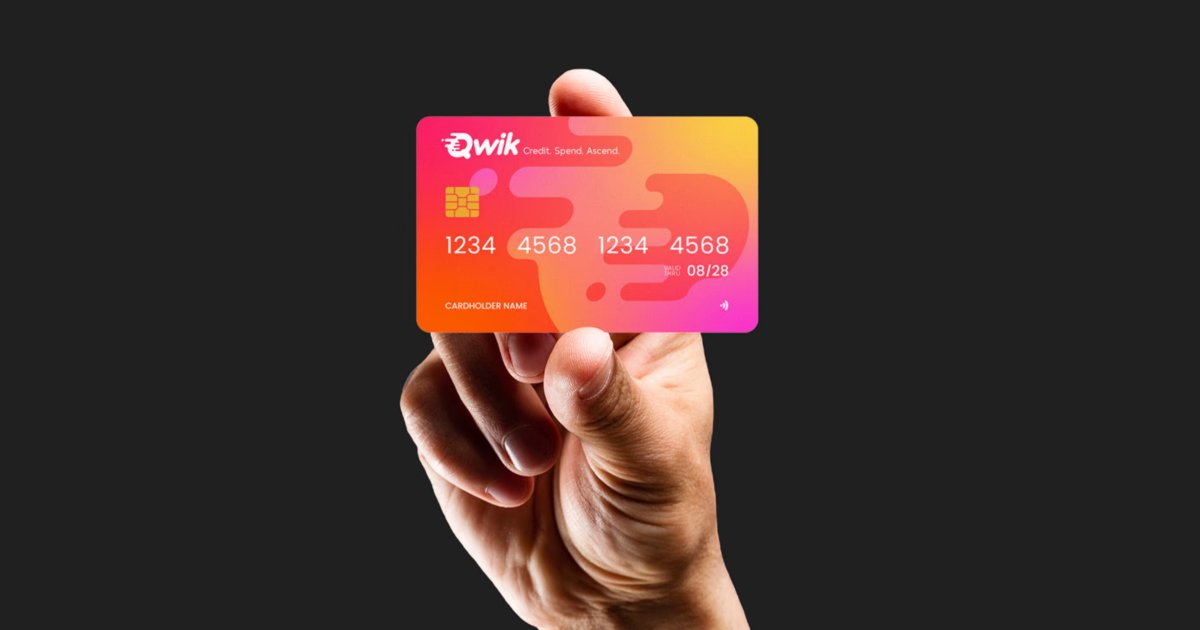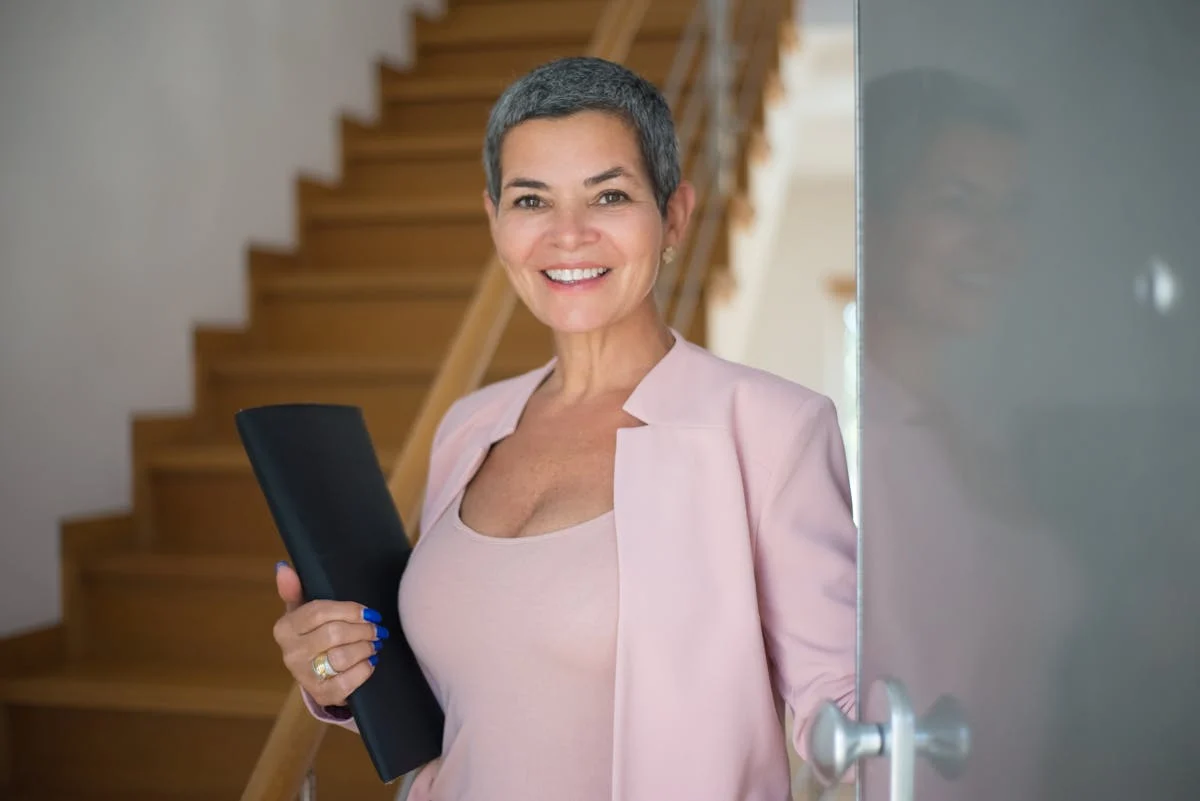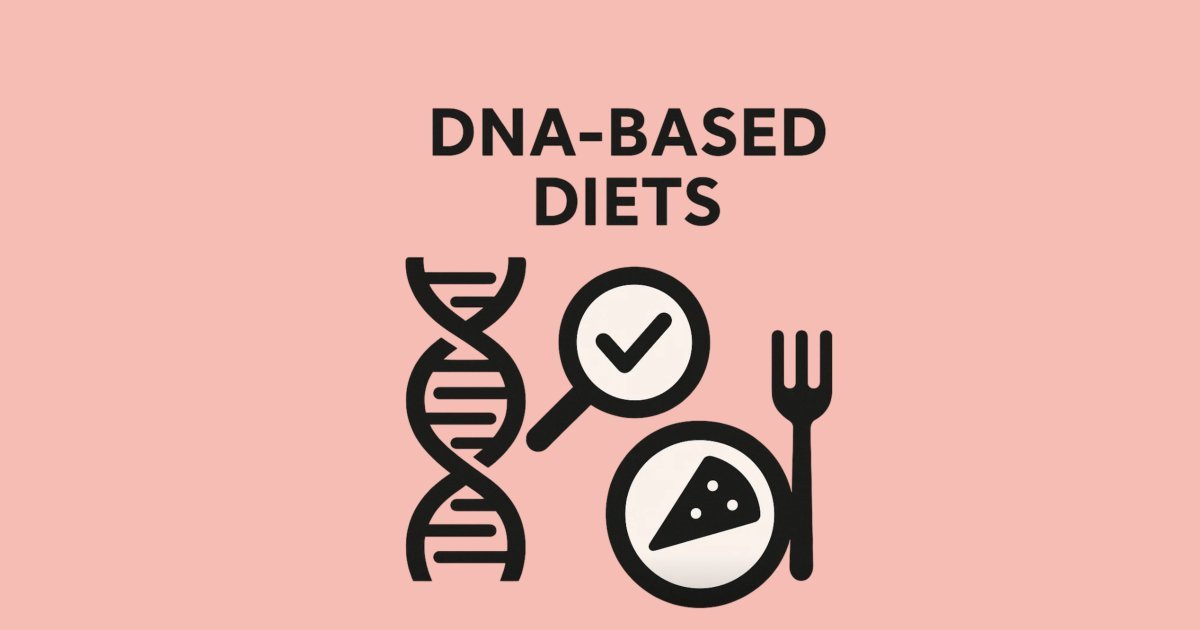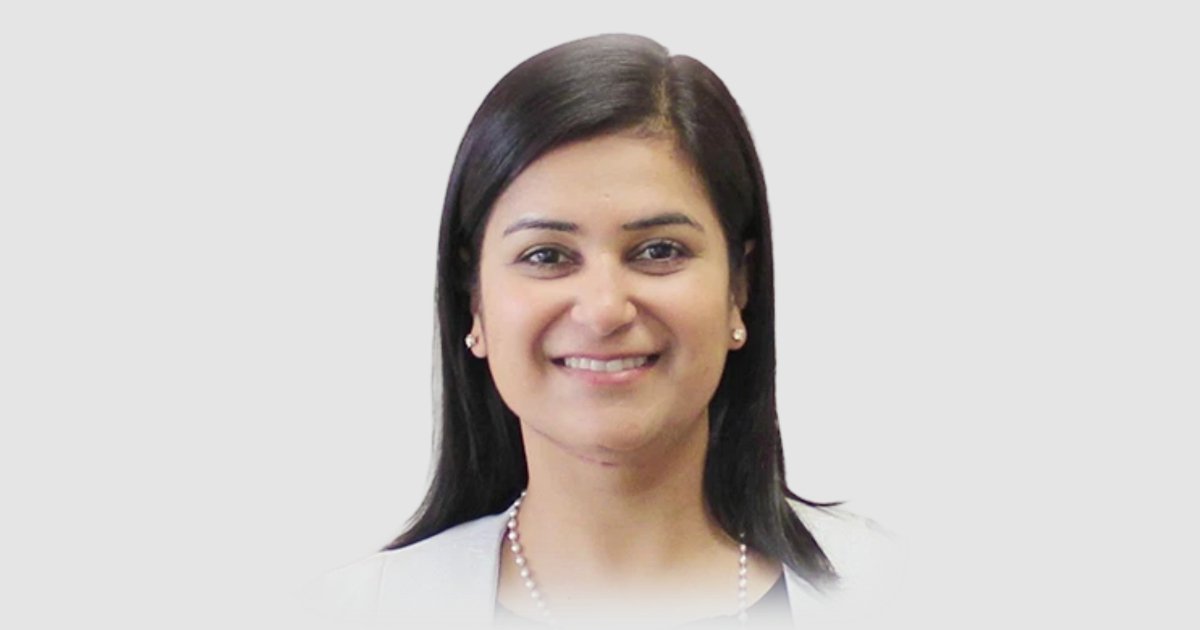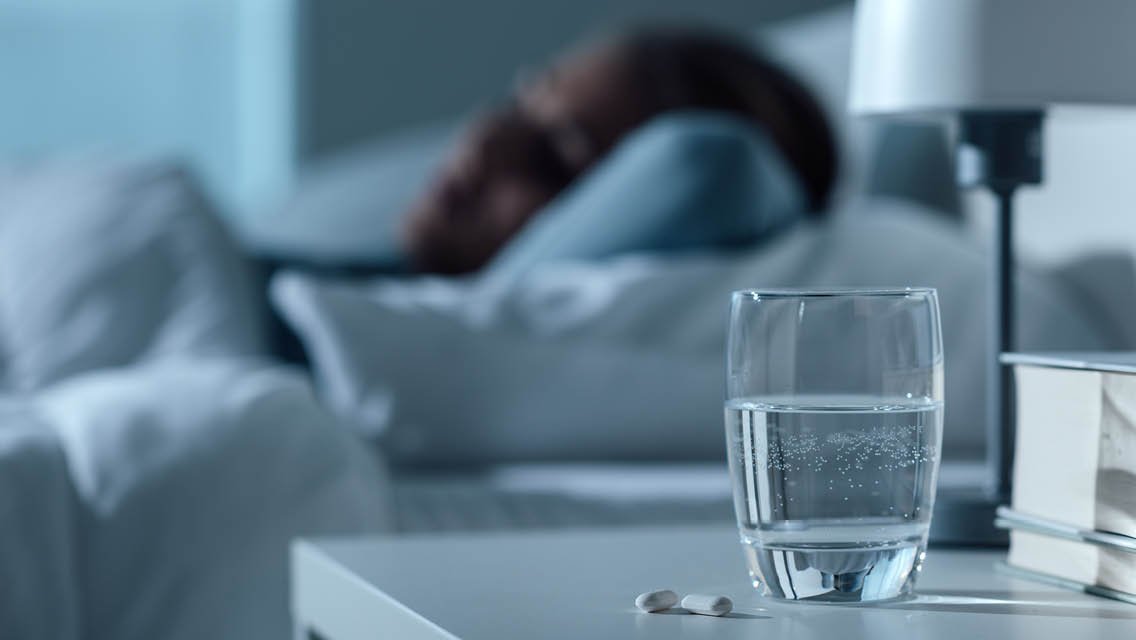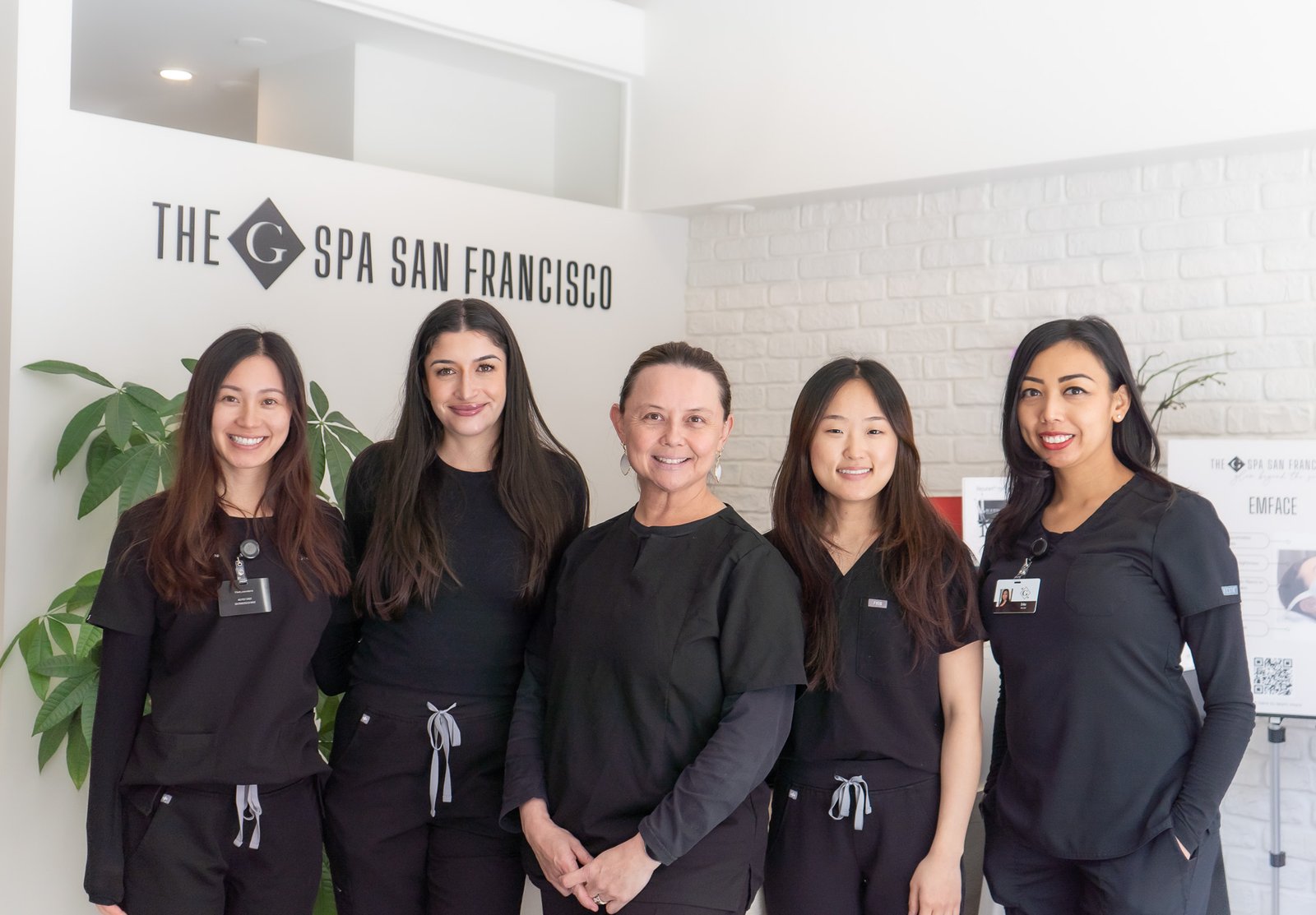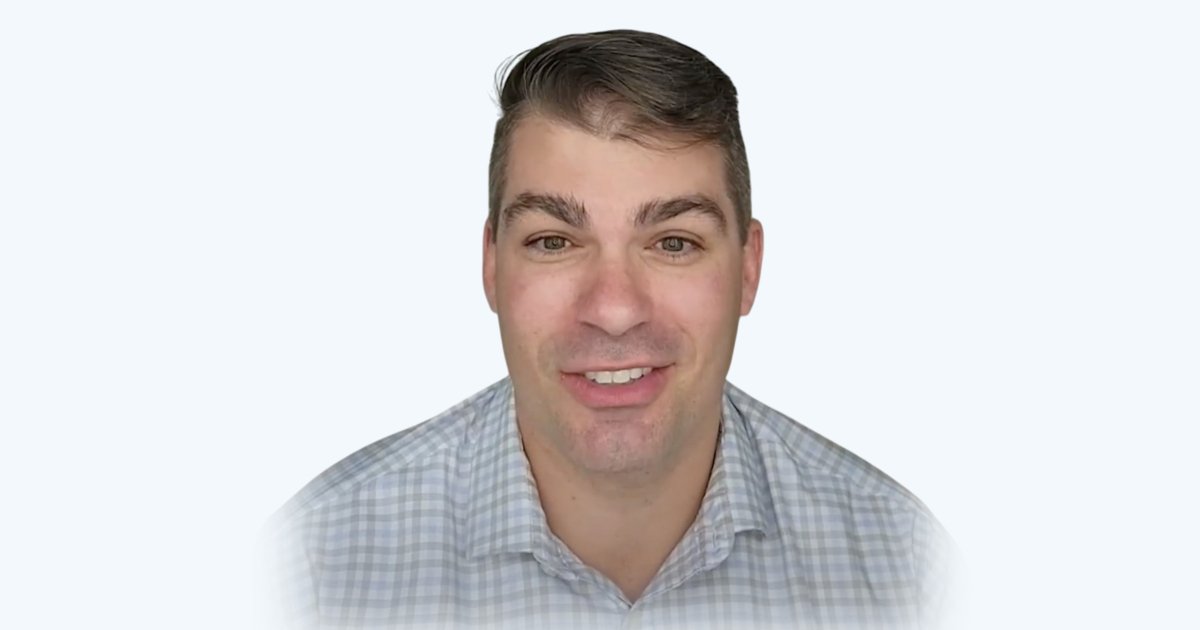Introduction:
In the realm of recovery from substance use challenges, finding the right support system is crucial. While many are familiar with traditional programs like Alcoholics Anonymous (AA), there exists a path that resonates with those seeking a secular approach. LifeRing Secular Recovery, currently under the leadership of Sue Betts, offers a unique and empowering way to navigate the journey to sobriety. In this article, we delve into the philosophy and structure of LifeRing, exploring how it stands out as a beacon of hope for individuals seeking a personalized and secular recovery experience.
A Secular Approach to Recovery
At the heart of LifeRing Secular Recovery is its commitment to a secular framework. Unlike many recovery programs that incorporate religious or spiritual elements, LifeRing emphasizes self-empowerment. Sue Betts, Executive Director and Chair, explains, “LifeRing is not anti-religion; it’s without religion. We believe the power to overcome addiction lies within the individual, not in a higher power.” This approach is particularly appealing to those who prefer a scientific and self-direct path to recovery.
The 3-S Philosophy: Sobriety, Secularity, and Self-Empowerment
LifeRing’s foundation is built on the 3-S philosophy: Sobriety, Secularity, and Self-empowerment. Sobriety, as Betts notes, means abstinence from alcohol and drugs unless prescribed. Secularity, the program’s middle name, signifies its non-religious stance. The third pillar, self-empowerment, promotes the creation of a Personal Recovery Program (PRP), and individuals create their own recovery plans. “Nobody knows what they need more than the person facing the challenges,” Betts emphasizes. This philosophy encourages participants to take charge of their recovery journey, fostering a sense of ownership and responsibility.
Personalized Recovery Plans
One of LifeRing’s standout features is its emphasis on personalized recovery plans. Unlike one-size-fits-all models, LifeRing encourages members to tailor their recovery strategies to suit their unique needs. The “Recovery by Choice” workbook, a comprehensive 306-page guide, serves as a valuable tool in this process. Betts advises, “Use pencil on those worksheets because your recovery plan evolves as you grow.” This flexibility allows individuals to adapt their plans as they progress, ensuring that their recovery journey remains relevant and effective.
Community and Support Structure
LifeRing’s community is a cornerstone of its success. With over 100 weekly online meetings and growing local meeting here in the Bay Area, individuals have ample opportunities to connect and share experiences. The program also offers specialized focus groups for diverse populations, such as LGBTQIA+ individuals and those with co-occurring disorders. This inclusive approach promotes a sense of belonging and understanding among participants, creating a supportive network that extends beyond meetings.
Peer-Based Accountability
Unlike traditional programs that assign sponsors, LifeRing relies on peer-based accountability. Betts explains, “Accountability is grown through our meetings. Instead of having one sponsor, you have an entire group of sponsors.” This approach encourages participants to build relationships within the group, fostering mutual support and understanding. By engaging with peers, individuals can draw strength from shared experiences, enhancing their commitment to sobriety.
Encouraging Multiple Paths to Recovery
LifeRing champions the concept of “multiple paths to recovery,” encouraging participants to explore and combine resources from various programs. Betts describes it as the “Goldilocks approach,” allowing individuals to find what works best for them. This flexibility ensures that participants are not confined to a single method, enabling them to create a recovery plan that aligns with their personal preferences and needs.
Final Thoughts
LifeRing Secular Recovery, under the guidance of Sue Betts, offers a refreshing and empowering alternative to traditional recovery programs. By embracing a secular approach, fostering personalized recovery plans, and promoting peer-based accountability, LifeRing provides individuals with the tools and support needed to overcome substance use challenges. As Betts eloquently puts it, “You’re not out there alone. You’re leaning into other people’s knowledge.” For those seeking a secular path to recovery, LifeRing stands as a beacon of hope and empowerment. To learn more about LifeRing Secular Recovery and explore its offerings, visit LifeRing’s website.

